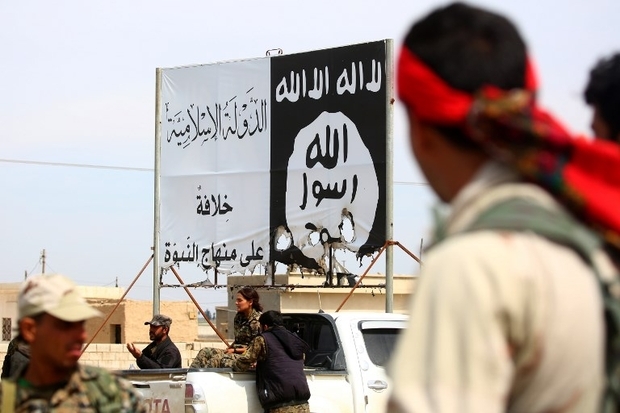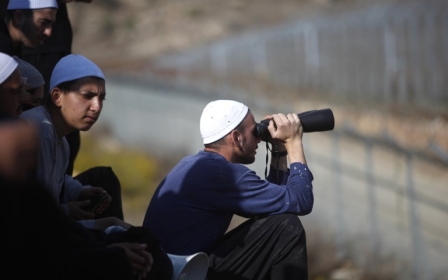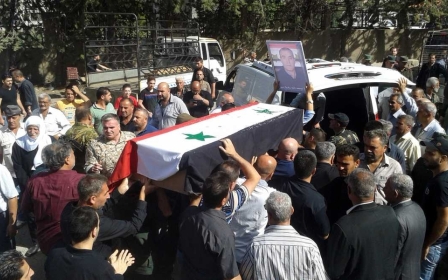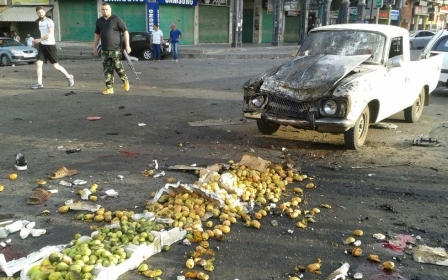At least 27 Sweida hostages held by Islamic State in Syria

At least 27 people have been held by IS fighters in southern Syria since they were abducted during an assault on the Druze community in the city of Sweida a month ago, Human Rights Watch said Saturday.
The organisation said the group had committed a "war crime" in holding the hostages, mostly women and children, as leverage for negotiations with the Syrian government and its ally Russia.
"Civilian lives should not be used as bargaining chips," said HRW's deputy Middle East director Lama Fakih.
Of more than 30 people taken hostage in the July offensive, when IS killed more than 250 people in Sweida, at least two have since died.
A 19-year-old male student was beheaded and a video circulated of the killing, which was not released on the group's usual channels.
Later in August a 65-year-old woman died, with IS reporting she had been unwell.
Additionally, two women were able to escape after being abducted from their home, a family member told HRW.
Villagers provided the names of at least 27 people who remain in IS captivity, with children as young as seven among them, according to activists in Sweida province.
Some survivors of the July offensive blamed the Syrian government for "allowing" IS militants to come into the villages and cities of Sweida.
"Daesh [IS] killed so many people in the villages. They murdered everyone: men, women, children. No one was spared that day," Noura Shami, a 27-year-old activist from Sweida city told Middle East Eye.
"The police and army were nowhere to be seen in that area, and the electricity was cut, which is something that doesn't happen often.
"Did they allow this to happen so they can take full control?"
Since the civil war erupted in Syria in 2011, more than 350,000 people have been killed and millions have fled their homes.
New MEE newsletter: Jerusalem Dispatch
Sign up to get the latest insights and analysis on Israel-Palestine, alongside Turkey Unpacked and other MEE newsletters
Middle East Eye delivers independent and unrivalled coverage and analysis of the Middle East, North Africa and beyond. To learn more about republishing this content and the associated fees, please fill out this form. More about MEE can be found here.




